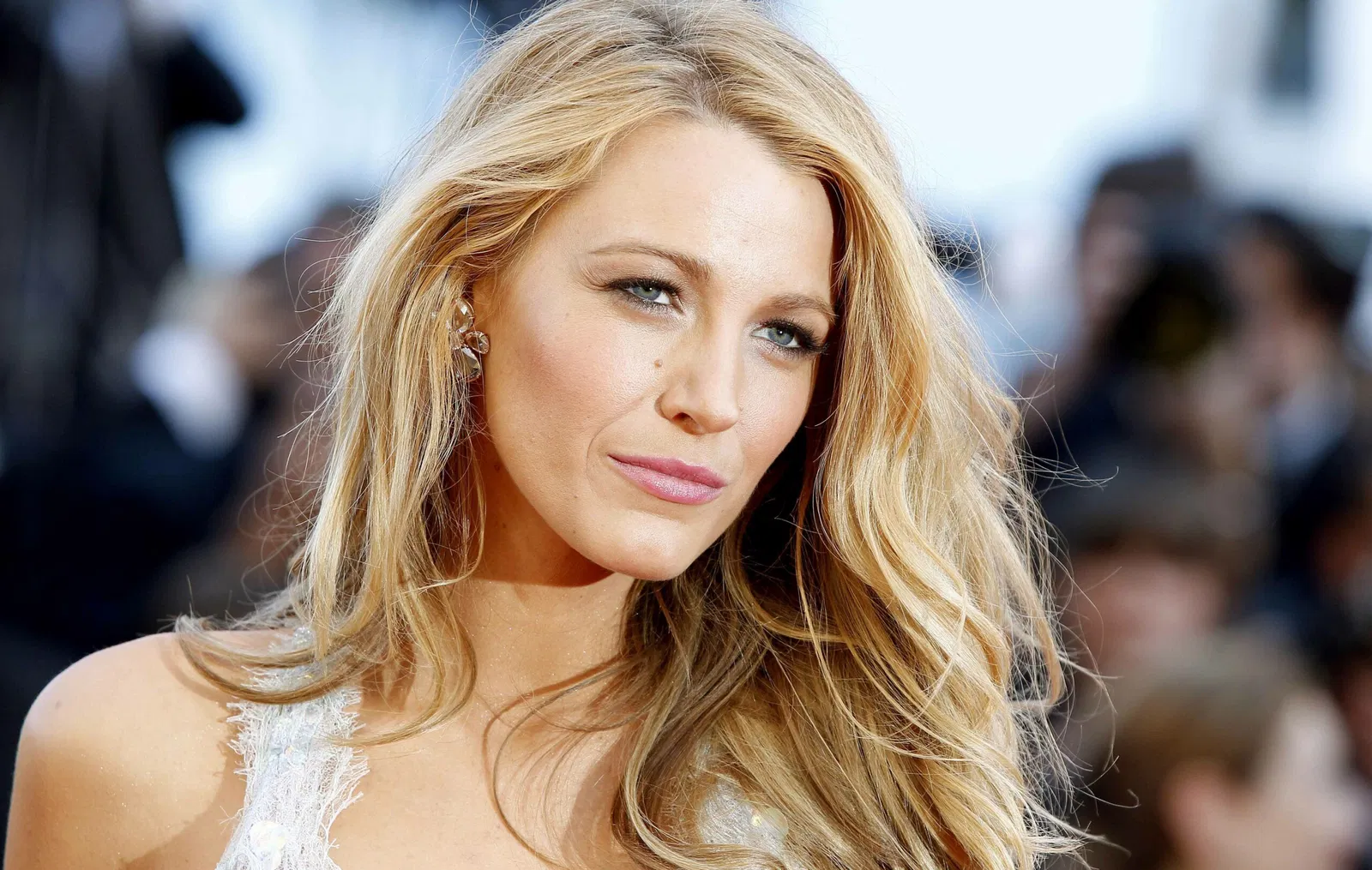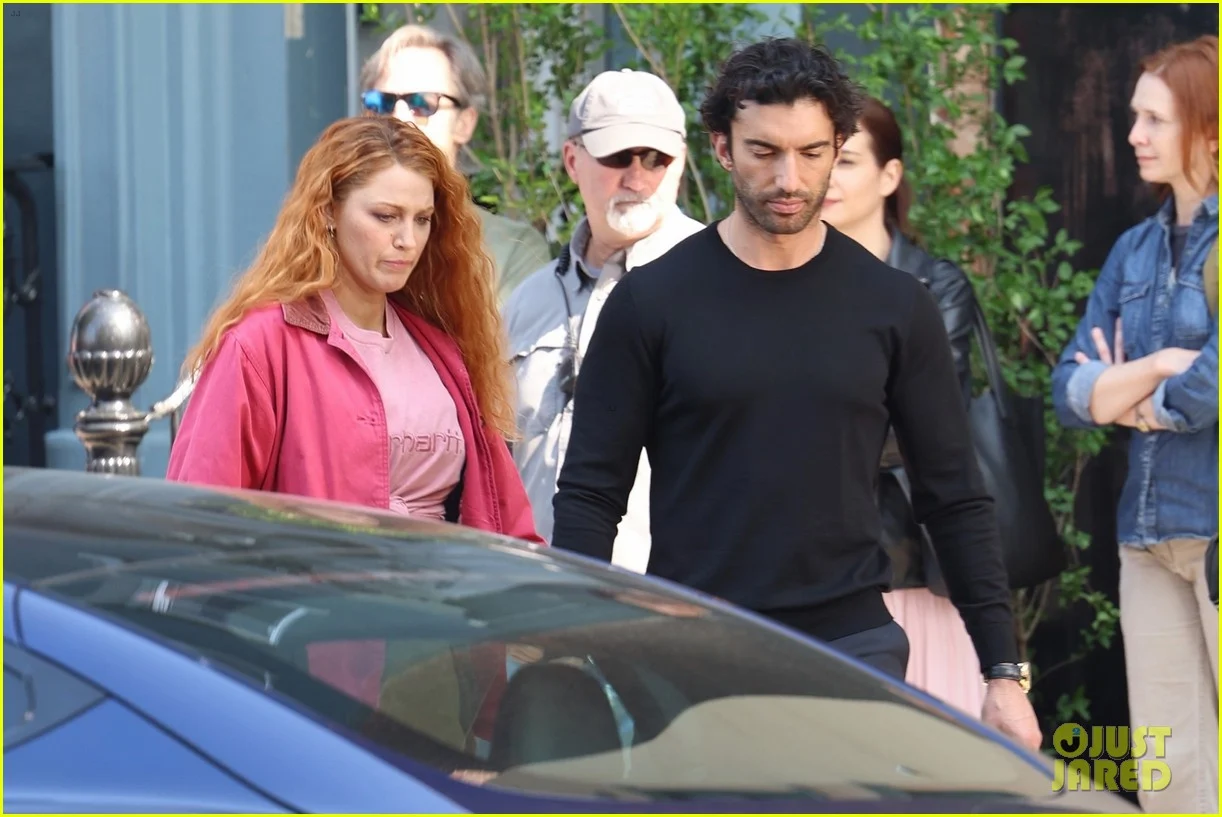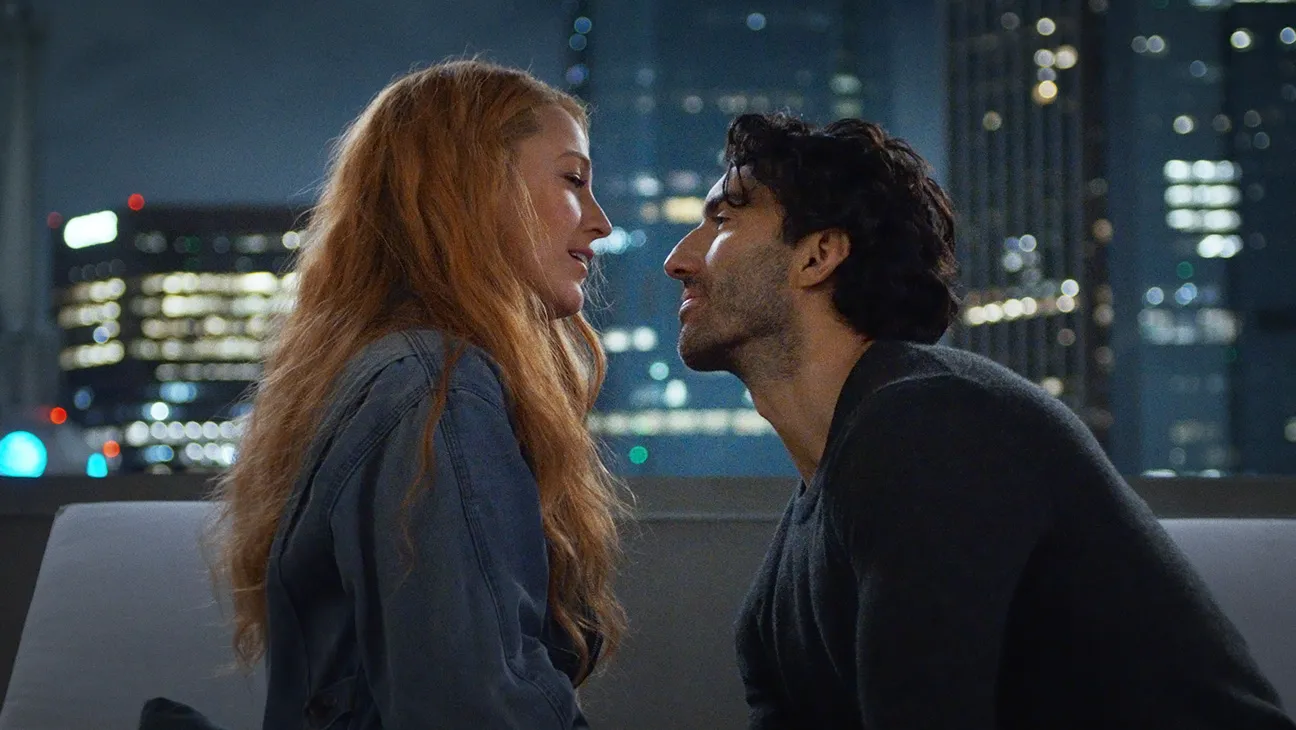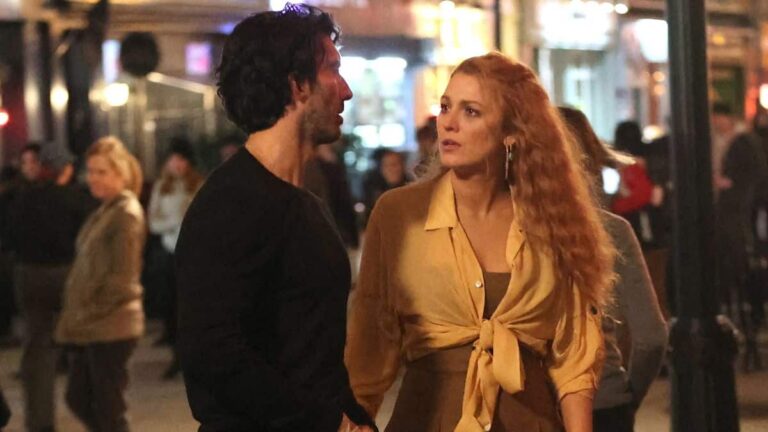Blake Lively’s latest cinematic venture, It Ends With Us, has ignited a firestorm of debate among fans and critics alike. As the film adaptation of Colleen Hoover’s best-selling novel continues to make waves, its release has been met with a blend of admiration and discontent. While the film showcases Lively in a prominent role, it is not just her performance that’s under the spotlight; her fashion choices and significant script changes have sparked considerable controversy.

Lively’s Wardrobe: A Fashion Misstep or a Creative Choice?
In It Ends With Us, Blake Lively portrays Lily Bloom, an aspiring entrepreneur grappling with a complex romantic relationship. Despite the film’s deep emotional narrative, Lively’s wardrobe has become a focal point of criticism. The actress, known for her impeccable taste and fashion prowess, collaborated with designer Eric Daman to curate Lily’s looks. However, the avant-garde fashion choices have not been universally praised.
“Blake’s involvement in the fashion choices was instrumental,” Daman noted.
Despite this, some fans believe that Lively’s style choices diverged too far from the character’s essence, leading to a discord between the protagonist’s portrayal and her wardrobe.
One fan’s Instagram reel juxtaposed various outfits from the film, triggering a flood of critical comments.
“The outfits seemed to overshadow Lily’s character,” one viewer remarked. “Lily is supposed to be complex and understated, but the clothes felt garish and out of place.”
Another critic echoed this sentiment, suggesting that while Lively’s fashion sense is unique, it did not align with the character’s intended portrayal. The disconnect between Lively’s personal style and Lily’s character is an issue that has left many fans bewildered.

Script Changes: Deviations from Colleen Hoover’s Original Vision
Beyond fashion, It Ends With Us has also faced scrutiny for deviating from Hoover’s original narrative. The film adaptation introduces several changes that have not been well-received by all viewers. One notable alteration is the handling of domestic violence in Lily’s life. In Hoover’s book, Lily quickly recognizes the signs of abuse in her relationship with Ryle, portrayed by Justin Baldoni. However, the film delays this realization, which has been a point of contention.
Additionally, the film omits a significant subplot involving talk show host Ellen DeGeneres, who played a pivotal role in Lily and Atlas’s lives in the book. The absence of this subplot has left some fans feeling that an important aspect of the narrative was lost in translation.
The film’s ending, where Lily decides to divorce Ryle after the birth of their daughter, remains true to the book. Yet, there was a brief moment when screenwriter Christy Hall contemplated altering the final line. Hall initially wanted to change the pivotal dialogue from “It ends with us” to something less direct.
“As a screenwriter, you often try to avoid having characters say the title,” Hall explained. “But the fans’ reaction to an alternative ending made me realize the original was the right choice.”

The Fallout: Alleged Feuds and Fan Backlash
Rumors of a feud between Blake Lively and Justin Baldoni have also contributed to the film’s tumultuous reception. While these rumors remain unconfirmed, they add an extra layer of drama to the already heated discussions surrounding the film.
Despite the controversies, It Ends With Us remains a significant cinematic adaptation, bringing Hoover’s powerful story to a broader audience. Whether the film’s deviations and fashion choices will ultimately influence its long-term reception is yet to be seen, but it’s clear that the conversation around this adaptation is far from over.
As fans and critics continue to dissect the film, one thing remains certain: It Ends With Us has made a memorable impact on the world of cinema, sparking discussions that delve deep into the nuances of adaptation and character portrayal.
